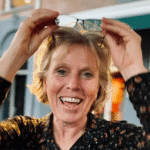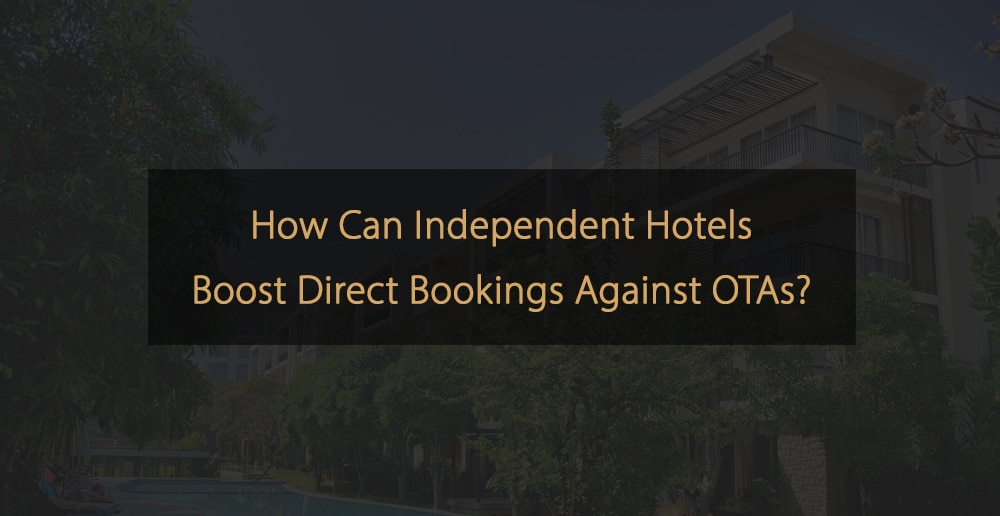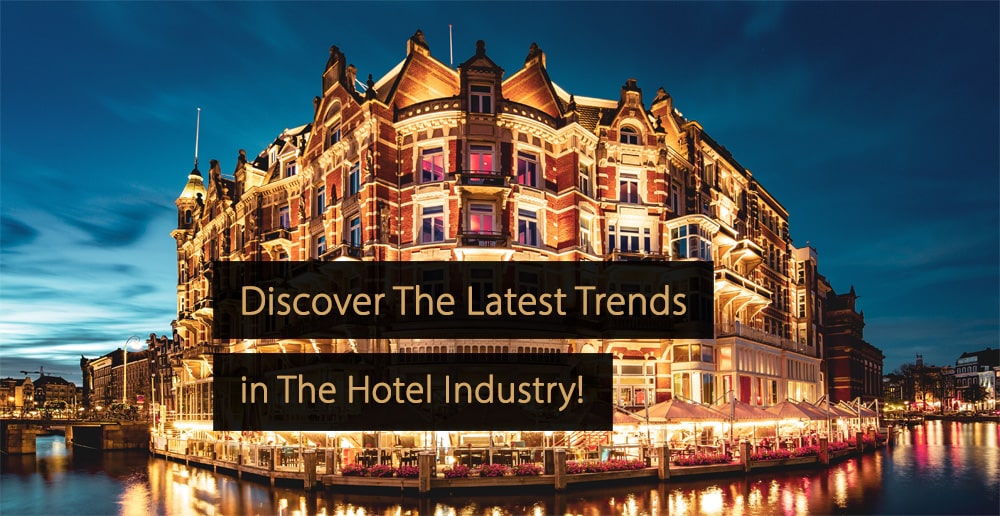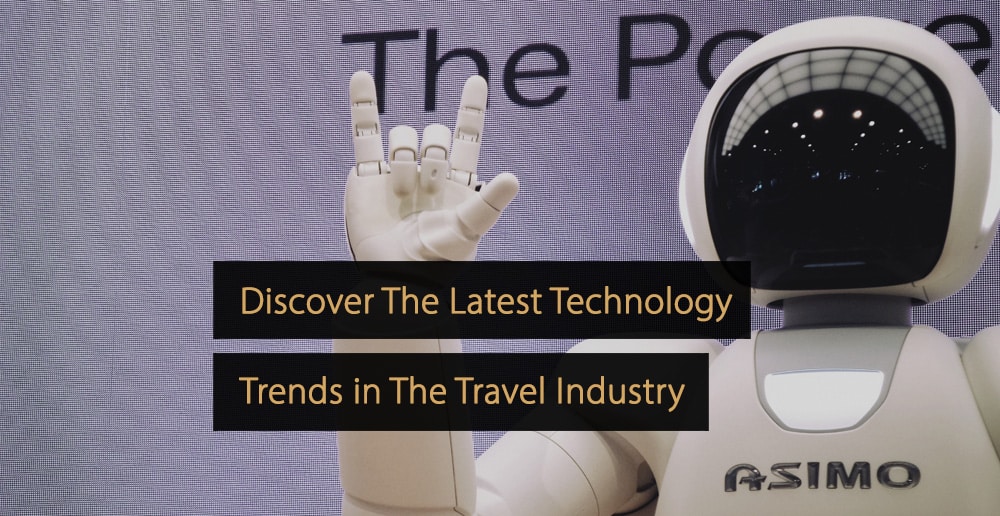Question for Our Hotel Marketing Expert Panel
What is the state of luxury travel in 2025? What trends will influence decisions for luxury travel businesses? (Question proposed by Reshan Jayamanne)
Industry Expert Panel
Our Industry Expert Panel exists out of professionals within the hospitality & travel Industry. They have comprehensive and detailed knowledge, experience in practice or management and are forward-thinking. They are answering questions about the state of the industry. They share their insights on topics like revenue management, marketing, operations, technology and discuss the latest trends.
Our Marketing Expert Panel
- Moriya Rockman – Chief of Marketing, Smiling House Luxury Global
- Thom de Graaf – Online Marketing Specialist, The Orange Studio
- Kamila Zawadzka – Marketing Lead, The Orange Studio
- Tamie Matthews – Revenue, Sales & Marketing Consultant, RevenYou
- Elvira Wilthagen – Owner, Heads in Beds
- Ask Our Panel a Question
- Join Our Expert Panel
- Sustainability: Sustainability is becoming a must-have for luxury travellers, who increasingly view it as integral to their travel choices. This trend is particularly prominent among affluent travellers who are passionate about environmental issues and seek out accommodations and experiences that reflect their values. Hotels and vacation rental companies that prioritise sustainable practices, like reducing carbon footprints and promoting eco-friendly initiatives, and that have accreditation badges will likely have a competitive advantage.
- Influence of Screen-Driven Destinations: With the rise of platforms like Netflix, many luxury travellers are being influenced by the destinations featured in popular TV shows and movies. For instance, locations highlighted in high-profile series are seeing a significant surge in bookings. This presents a unique opportunity for luxury brands to curate and promote these destinations as part of their offerings.
- AI Integration: AI will continue to play a key role in personalising the luxury travel experience. From AI-driven recommendations for unique experiences to automated personalisation at booking, these technologies will allow travel businesses to offer a hyper-tailored approach that meets the individual preferences of each guest.
- Curation and Customisation: Travellers will increasingly expect curated experiences that consider not only their destination preferences but also their personal tastes in entertainment, food, and design. Here, AI will serve as a tool to build personalised travel itineraries that align with individual desires, creating a seamless luxury experience.
- B2B2C Collaboration: The rise of the B2B2C model in luxury travel will allow property managers and travel professionals to collaborate more closely, creating unified offerings that appeal to a broader audience. Companies like Villa Tracker are leading the way by offering innovative platforms that connect travel professionals with property managers, bridging the gap between luxury properties and those seeking extraordinary experiences.
“A major trend that has gained momentum this year is personalised wellness. From nutrition to fitness, and mindfulness to sleep, consumers are increasingly seeking science-backed solutions to optimise their wellbeing and body for peak performance. By prioritising personalised wellness solutions and staying attuned to the latest trends and advancements, luxury hotels can not only meet but exceed the expectations of today’s health-conscious travellers. As travellers seek to escape the ordinary and embark on journeys of self-improvement, these hotels are poised to be their partners in wellness, offering tailored experiences that leave a lasting impression and foster a sense of wellbeing long after check-out.”
- Sustainability and doing the right thing.
- Hyper-personalisation in everything.
- Rapid technological development.
- Gen Z focuses on unique experiences over possessions, sustainability (both environmentally and ethically), seamless technology, and, of course, social media-worthy moments where they are at the centre.
- Millennials & Gen X seek authentic, personalised experiences, often blending work and travel (bleisure). They place great value on wellness, sustainability in terms of health, and adventure, but with comfort.
- Boomers remain loyal to the traditional definition of luxury, where comfort, safety, exclusivity, and refinement take centre stage, with an emphasis on culture, cuisine, and relaxation. This group is growing, as is their spending on the finer things in life.
Ask a Question & Join Our Expert Panel
Would you like a question to be answered by our Industry Expert Panel? Or would you like to join our community of experts and share your experience, insights, and knowledge with fellow industry professionals? Via the buttons below you can submit a question or submit a request to become part of our expert panel.
More Tips to Grow Your Business
Revfine.com is the leading knowledge platform for the hospitality and travel industry. Professionals use our insights, strategies, and actionable tips to get inspired, optimize revenue, innovate processes, and improve customer experience.Explore expert advice on management, marketing, revenue management, operations, software, and technology in our dedicated Hotel, Hospitality, and Travel & Tourism categories.











Leave A Comment